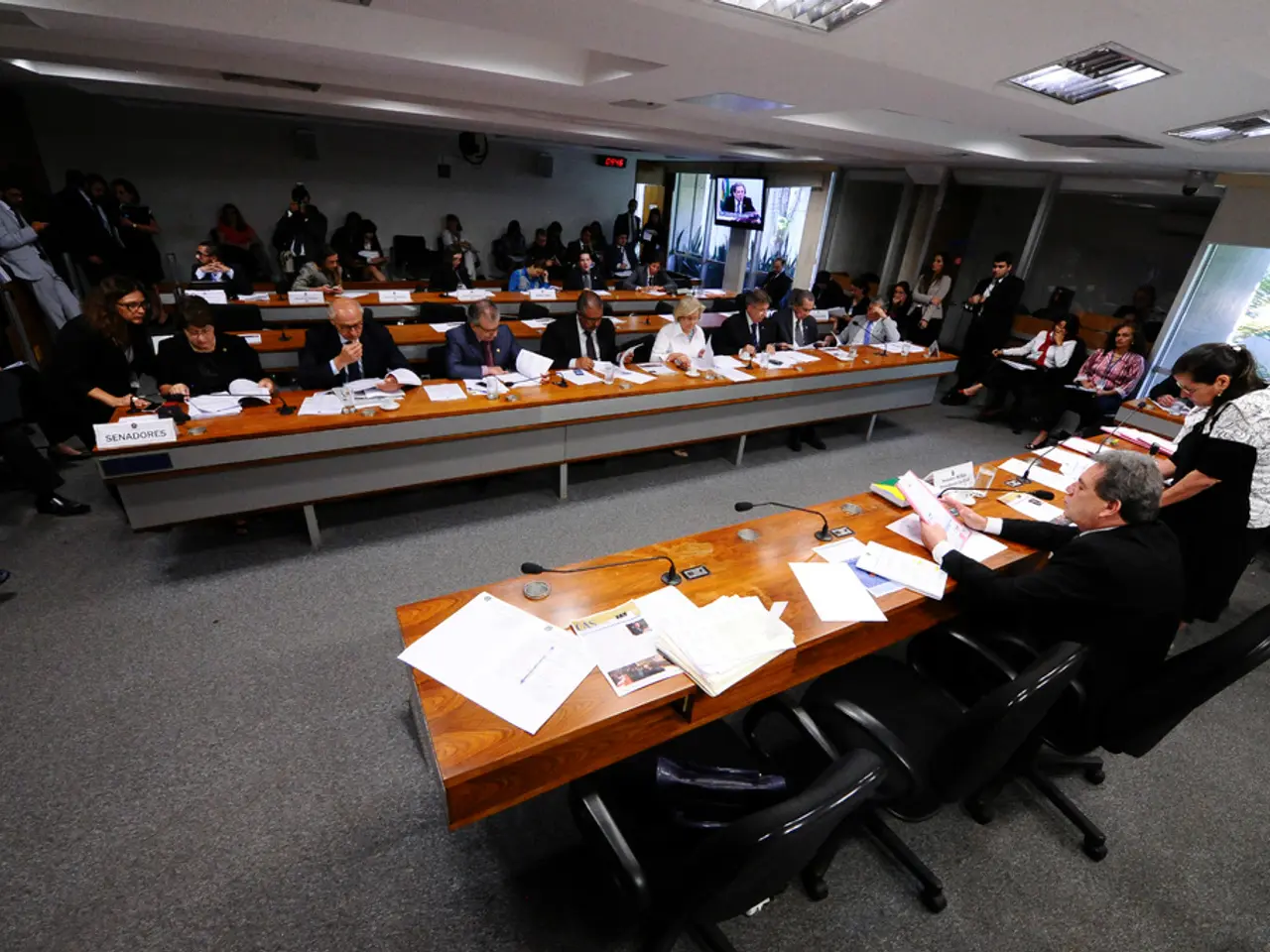Global Service Disruption of Starlink: Unraveling Facts Regarding Its Most Extended Interruption Since Inception
Global Starlink Outage Causes Concern Over Reliability
Starlink, Elon Musk's satellite internet service, experienced a widespread and lengthy outage on July 24, 2025. The outage began at 9:13 p.m. Zim time and lasted for approximately 2.5 hours, affecting users worldwide.
The cause of the outage was a failure of key internal software services that operate Starlink’s core network, which link the satellites to the ground infrastructure. This software failure led to a network disruption that impacted over 60,000 users across the U.S., Europe, Canada, Asia, Australia, Africa, including Nigeria, and Zimbabwe, where the service launched last September.
The outage had a significant impact, particularly in Ukraine, where more than 40,000 Starlink terminals support military and civilian communications. During the outage, the Ukrainian military lost secure communication capabilities along the front lines, causing major operational difficulties such as the grounding of drone missions and loss of live surveillance feeds. Civilian sectors like schools, businesses, and hospitals were also affected.
Starlink's Vice President of Engineering, Michael Nicolls, stated that the company is committed to investigating the root cause thoroughly to prevent future outages and restore the high reliability expected of the network. Elon Musk publicly apologized and promised remediation to ensure such a failure does not recur.
The outage raised concerns about the resilience and reliability of commercial satellite services in critical operations, underscoring the need for robust and secure communication infrastructure in defense and civilian sectors. Regulators, governments, and enterprise users are expected to ask SpaceX hard questions in the coming weeks regarding the outage.
It's important to note that the outage was not caused by a cyberattack or a solar flare, but due to internal software services malfunctioning. This event highlights that even space-based internet can be affected by software bugs, and it may be prudent for users to judge local internet providers less harshly when they experience occasional outages.
The outage affected users in places where no other internet provider reaches, highlighting the need for proper resilience. Starlink, with its promise of high-speed internet in remote areas, is a crucial service for many, but the recent incident serves as a reminder that no technology is immune to failures. As Starlink continues to expand and improve, it will be crucial for the company to prioritize robustness and reliability to maintain the trust of its users.
References:
[1] SpaceX admits fault for Starlink outage, promises fixes
[2] Elon Musk apologizes for Starlink outage, promises remediation
[3] Ukrainian military loses secure communication capabilities during Starlink outage
[4] Starlink outage raises concerns over reliability in critical operations
- The Starlink outage, despite not being caused by a cyberattack or solar flare, demonstrates that space-and-astronomy technology like satellite internet can still be impacted by general-news events such as software malfunctions.
- The recent Starlink outage highlights the importance of science-related technological advancements like satellite internet, but also underscores the necessity for robust and reliable infrastructure to maintain user trust and address concerns in critical operations.




